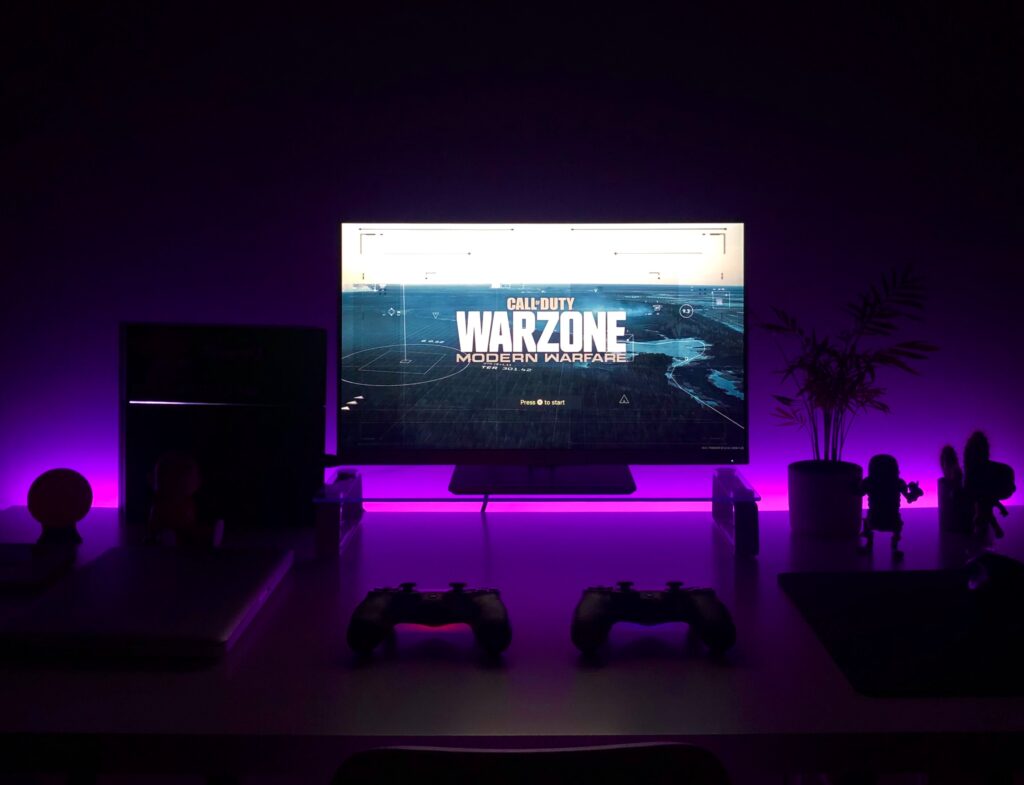How Has Technology and Gaming Affected Gen Y and the Millennials?
From birth, the last two generations have been completely immersed in and surrounded by technology, from television and playing Snake on a Nokia 3210 to World of Warcraft and iPhones there is no escape from electrical devices in the modern world.
Both Gen Y (those born in the late eighties and early nineties) and Millenials (born in the noughties) are described as digital natives. This means that the internet is seen as a ‘natural’ space for them and it is fully integrated into their lives. In their spare time, digital natives use new media like social networking and instant messaging to help them to maintain an ongoing stream of multiple conversations that mix different media formats, for them, the internet is linked with a strong sense of community.
In fact, recent studies have found that three-quarters of young people believe that they cannot live without the internet and nearly half of young people claim that they feel happiest when they are online.
The younger generation’s lives are so heavily involved with gaming and the online world that it has become integrated with the way they live their lives and offline decisions. Young people like to decorate their rooms with game-themed wall stickers, chat with their friends while they play games or watch television, and in some cases go to extremes and have game-themed weddings. The internet and gaming feature so prominently in Gen Y’s and Millenal’s lives that they are rarely separated from a screen. Be it their smartphone, the computer, or the television they are likely dividing their attention across two screens – research shows that 96% of 16-24-year-olds use another media device while they are using the internet.
The penetration of technology is also high for the younger ages, a Childwise report found that 8.6 million (73%) of children in the UK own a laptop, PC, or tablet and that they spend on average 2.5 hours watching TV and 1.5 hours on the internet each day.
So while both the internet and new technologies have huge social and educational benefits for generations both young and old. The dependence that Millenials and Gen Y have on the online world is quite troublesome. A study by Marketing Week found that even young people themselves believe it has gone too far, with 93% of respondents the belief that people spend too much time looking at their phones and not enough time talking to each other. While two decades ago, experts were concerned that young people were spending too much time in front of the television, it is now both the internet and the television. With users browsing the internet while they game and watch television there’s even less incentive to become more active.
Spending hours in front of a screen and online not only has a negative impact on a person’s waistline, but is also harmful to our social, mental, and physical development – particularly in younger people. Reports have shown that thanks to new technologies, increasing volumes of younger children are beginning to lack the motor skills required to play with building blocks and complete traditional pen and paper exams. They are able to swipe their finger across a screen but have limited dexterity in their fingers due to a lack of practice.
‘Digital dementia’ is also a new phenomenon, where younger people suffer from poor memory, deterioration in cognitive abilities, and short attention span. With the answer always a click away, young people have no reason to retain facts and cannot even remember simple personal details like their own phone numbers. While heavy technology use will develop the left side of peoples’ brains, it leaves the right underdeveloped and unexercised. Children are the most at risk as their brains have not yet developed fully, meaning that heavy use of technology could actually severely impair their development.
So, while technology is fantastic and has completely transformed the way society works and operates in the last twenty years, it is important to not forget to take a step back and do things the old-fashioned way. Visit a friend instead of Face Timing, play a board game instead of Call Of Duty, and hand your kid a coloring book instead of your iPad.










